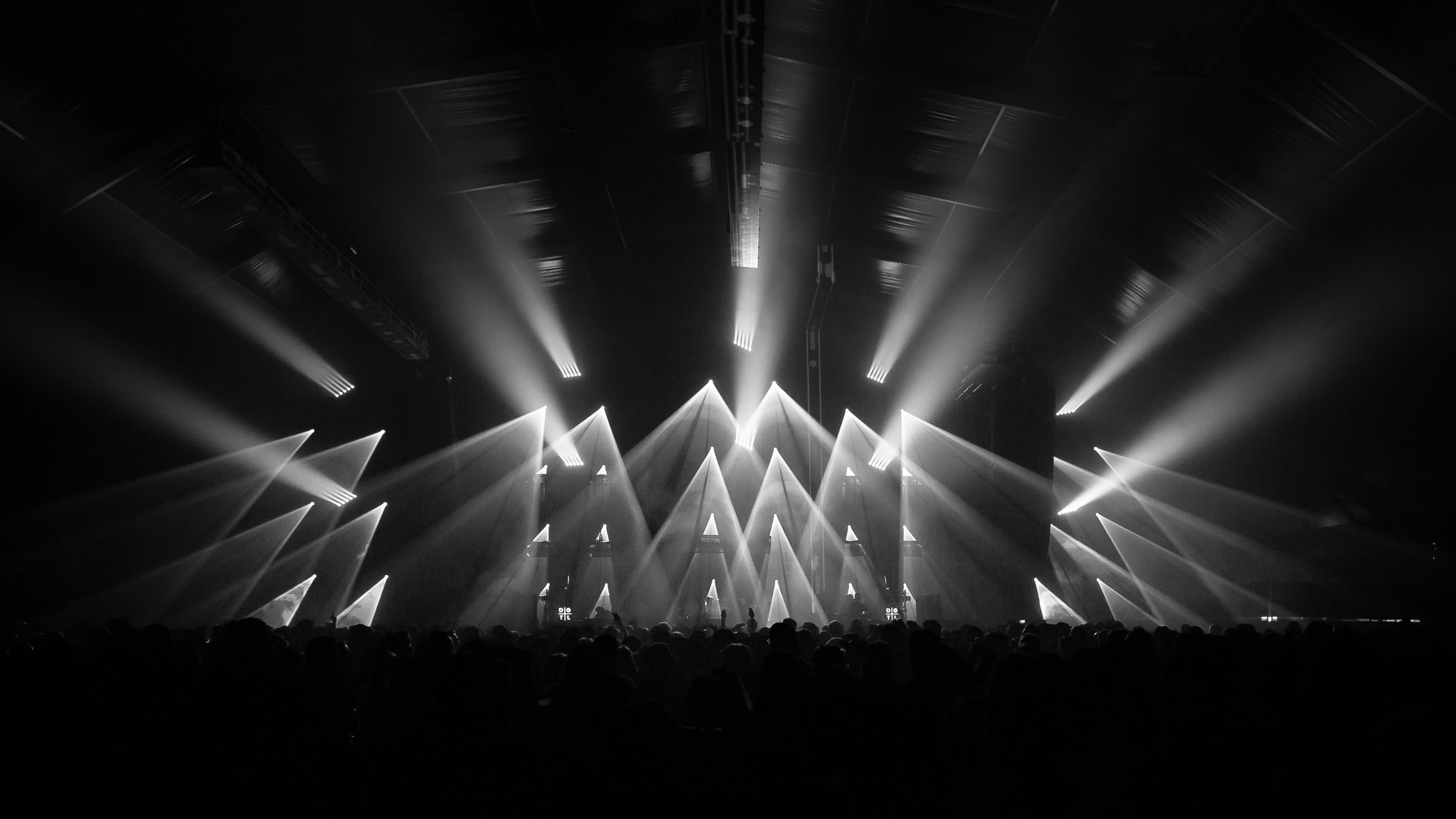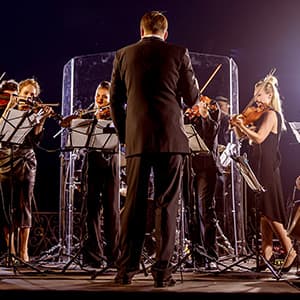

Elgars Enigma Tickets
Up to 30% Off Compared to Competitors.
Location: Select Location (e.g, New York)
Events Nearby
We're Sorry. There are currently no events near you.
About Elgar's Enigma
In recent months, 'Enigma Variations' has been featured prominently in concert programs across the globe, highlighting its enduring appeal in the classical music community. Notably, orchestras such as the London Philharmonic Orchestra and the New York Philharmonic have included it in their seasonal repertoire, often pairing it with other iconic works to create a compelling concert experience. The piece's thematic depth allows conductors to explore various interpretations, making each performance unique. Additionally, several festivals have dedicated entire evenings to Elgar's compositions, focusing on the 'Enigma Variations' as a centerpiece. Audiences are drawn to its lush melodies and intricate harmonies, and it continues to resonate deeply, often eliciting emotional responses from listeners. As classical music enthusiasts seek to reconnect in live settings post-pandemic, 'Enigma Variations' serves as a powerful reminder of the shared human experience, making it a fitting choice for concert programmers aiming to evoke connection and reflection through music.
Elgar's Enigma History
Edward Elgar's 'Enigma Variations' is one of the most celebrated orchestral works in the classical music repertoire, composed between 1898 and 1899. This piece, formally titled 'Variations on an Original Theme, Op. 36', consists of fourteen variations on an enigmatic theme that Elgar claimed represented a group of his friends, each depicted in the variations. The work premiered at St. James's Hall in London on June 19, 1899, conducted by the composer himself, and it was met with enthusiastic acclaim, solidifying Elgar's reputation as one of the leading composers of his time. The 'Enigma Variations' showcases a rich tapestry of emotions and intricate orchestration, with the famous 'Nimrod' variation standing out as a poignant tribute, often played in remembrance and reflection. Over the years, the piece has become a staple in concert halls around the world, celebrated for its emotional depth and complexity.
